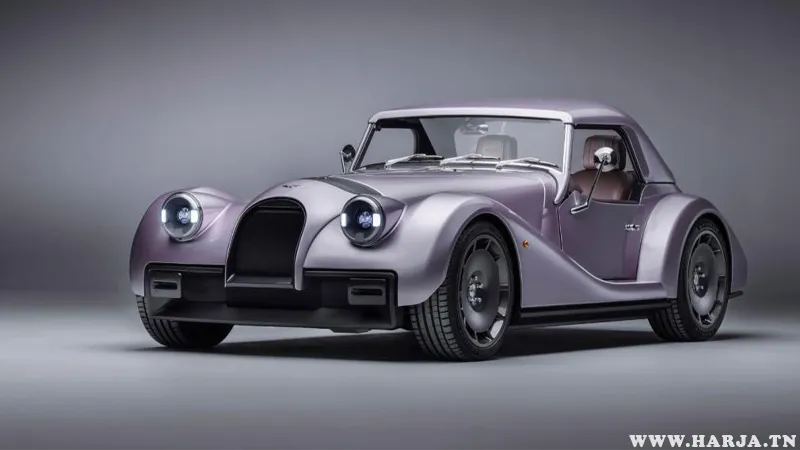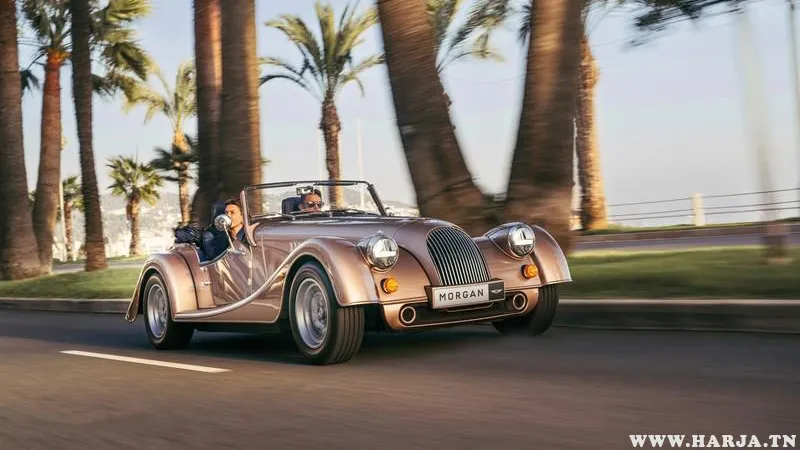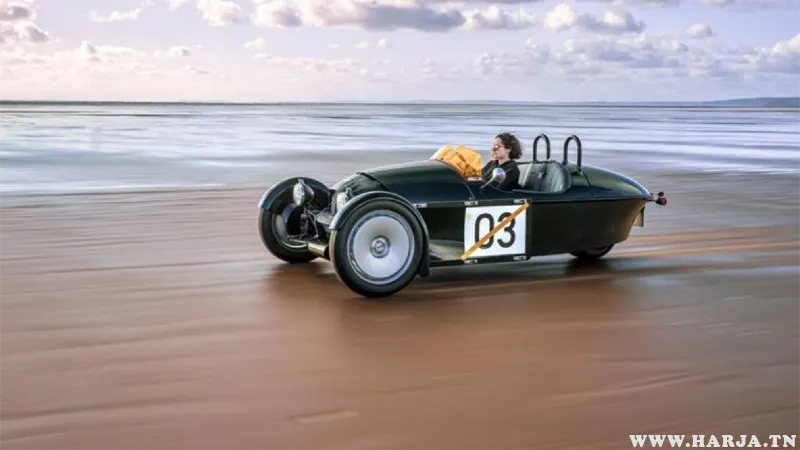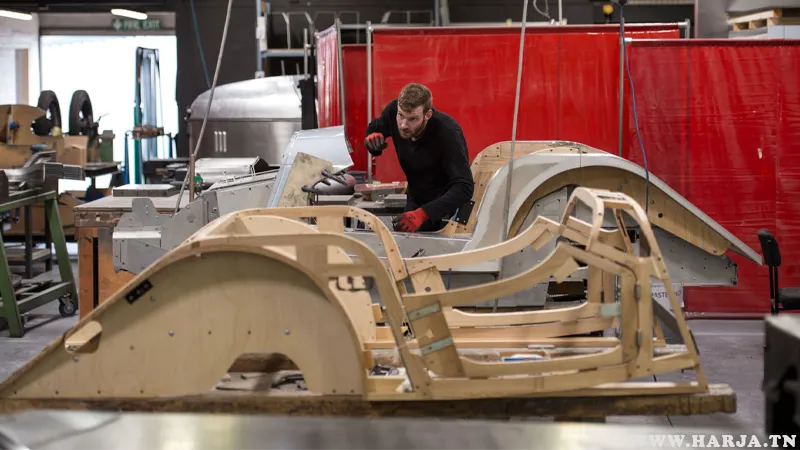Morgan: “We Will Double Down on Coachbuilding” A Return to Handcrafted Glory
Hand-building cars matters to Morgan, and it’ll matter for the future

In an era where automation, electric propulsion, and mass production dominate the automotive landscape, one British automaker is making a bold statement: Morgan Motor Company is doubling down on coachbuilding — the timeless art of crafting custom car bodies by hand. As the rest of the industry races toward digitalisation and uniformity, Morgan’s announcement signals a powerful commitment to heritage, craftsmanship, and individuality.
A Legacy Forged by Hand
Founded in 1909, Morgan is not your typical car company. Nestled in Malvern, Worcestershire, the firm has built its reputation on crafting lightweight, traditionally styled vehicles using time-honoured techniques. For decades, the company’s hallmark has been its use of ash wood frames, hand-shaped aluminium panels, and open-air, analogue motoring.
In 2025, while most brands are shifting to battery-electric platforms and autonomous software, Morgan’s CEO Massimo Fumarola has made it clear that Morgan will move in a different direction: more human, more personal, and more bespoke.
“We will double down on coachbuilding,” Fumarola recently declared. “This is what makes Morgan special. While others automate, we craft.”
Why Coachbuilding Matters Today
Coachbuilding is often seen as an outdated luxury — a relic of the pre-war era. In the early 20th century, wealthy buyers would purchase a rolling chassis and then commission coachbuilders to craft custom bodies. Over time, this practice gave way to mass production, leaving only a few artisans behind.
Morgan has kept that spirit alive.
Today, coachbuilding represents more than nostalgia. It’s about:
- Individuality: A chance for owners to shape their car to their personal taste
- Craftsmanship: A celebration of tactile skill in an increasingly digital world
- Exclusivity: Something unique in a sea of identical crossovers
Morgan’s vehicles, like the Plus Four and Super 3, already stand apart in design. The company now plans to expand on this by offering more one-off builds, bespoke interiors, and special-edition runs designed in collaboration with customers.
New Facilities, Same Soul
To support this commitment, Morgan is investing in its Malvern factory — not with robots, but with new coachbuilding workshops, training for craftspeople, and updated tools for shaping aluminium and wood by hand.
“We are blending 21st-century design processes with 20th-century craftsmanship,” Fumarola said. “It’s not about resisting the future; it’s about controlling how we move into it.”
The company’s digital design team uses CAD and 3D modeling, but the final bodywork still relies on skilled artisans using an English wheel, mallets, and muscle memory. It’s this human touch that gives Morgan cars their soul.
Embracing Modern Tech — Selectively
Despite its commitment to tradition, Morgan is not ignoring innovation. The new CX-Generation platform, used in the Plus Four and Plus Six, incorporates lightweight bonded aluminium for strength and agility. There are plans to introduce electrified models, though Morgan insists they will be “true to the brand’s character.”
An electric Morgan is not off the table, but it won’t be a copy-paste EV. Instead, expect something lightweight, manually engaging, and artfully styled.
“The future Morgan EV will be designed by hand, crafted by hand, and experienced with the senses,” Fumarola hinted.
What This Means for Customers
Morgan’s doubling down on coachbuilding opens the door for a wider range of bespoke builds:
- Custom body styles: Customers could collaborate on unique designs
- Personalised interiors: From exotic wood inlays to embroidered seats
- Heritage revival: Reimagined classics like the Aero 8 or Roadster
- Special editions: Hand-numbered collector’s cars for enthusiasts
This strategy also strengthens Morgan’s appeal in emerging luxury markets where exclusivity and craftsmanship are increasingly valued.
Global Interest in Artisan Cars
As high-performance luxury cars become more digital and automated, there’s growing global interest in vehicles that offer an emotional connection. Brands like Pagani, Singer, and Morgan are gaining cult status among collectors who value handwork over horsepower.
Morgan’s clientele includes:
- Classic car enthusiasts
- Design connoisseurs
- Eco-conscious drivers who value sustainable production
- Young luxury buyers seeking uniqueness over brand ubiquity
Challenges Ahead
There are challenges to Morgan’s bold approach:
- Scaling handcrafting is difficult in a fast-moving market
- Electrification must be handled carefully without alienating purists
- Price points may rise as more bespoke work enters the process
But Morgan isn’t aiming for mass appeal. It’s aiming for timeless desirability — and that’s a different kind of success.
The Verdict
Morgan’s decision to double down on coachbuilding is more than a nostalgic nod to the past. It’s a defiant stance in favour of art, personality, and heritage in an increasingly generic world. For buyers who want something truly unique — something with a story and soul — Morgan’s future looks brighter than ever.
As the industry rushes toward sameness, Morgan reminds us that the car can still be a work of art.


